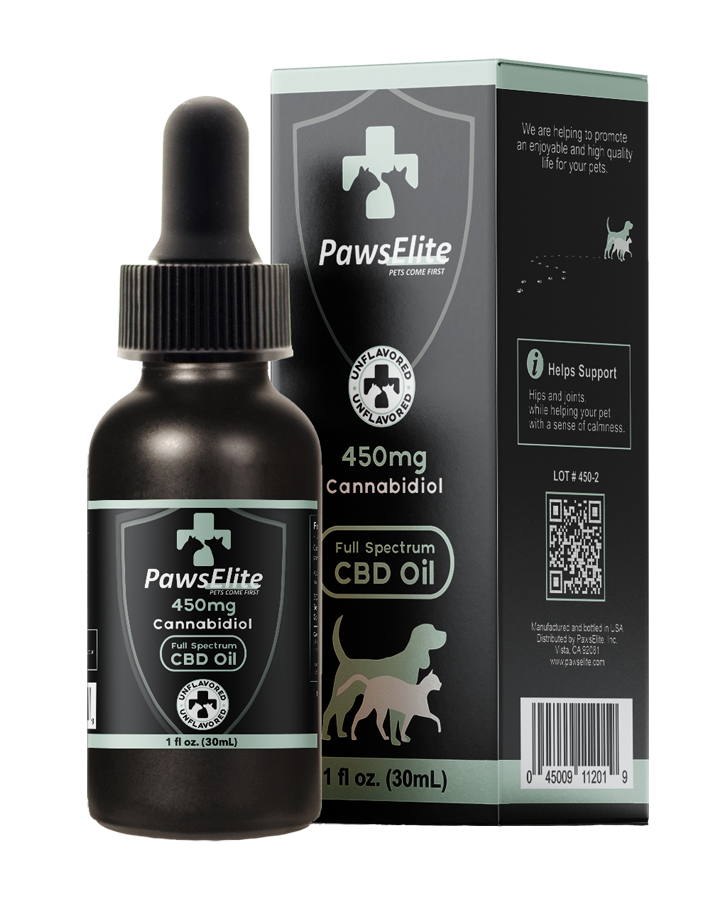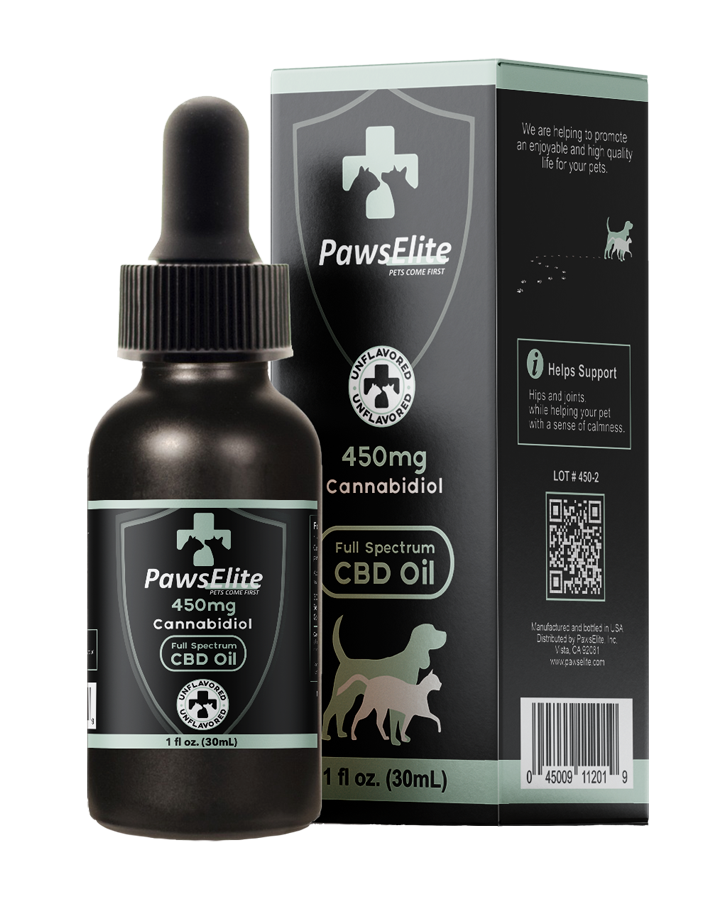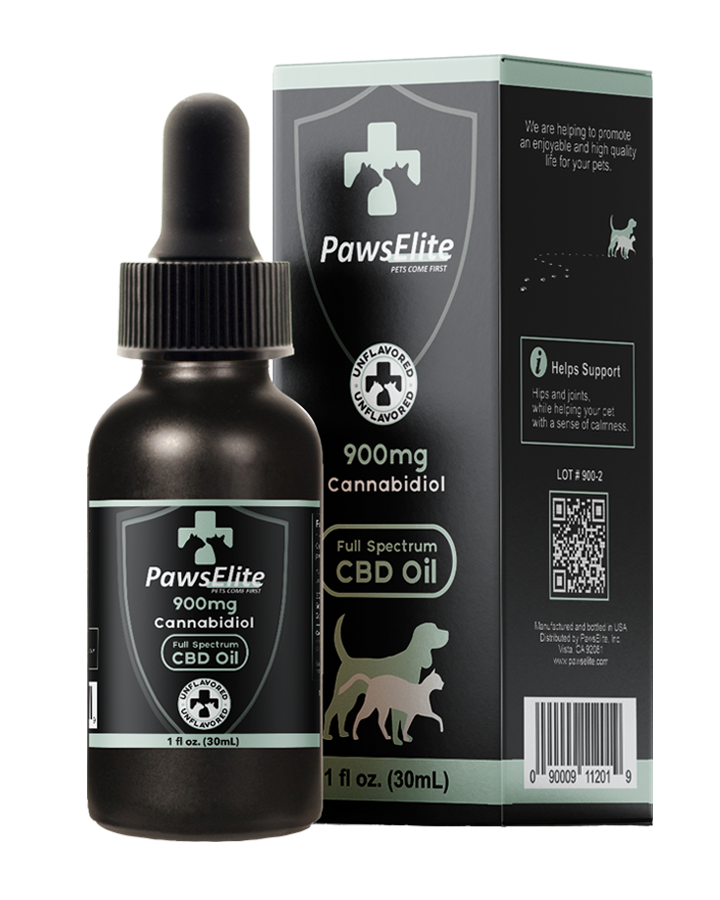
Healthy Treats for Dogs: How to Choose the Right Options
Share
Ensuring our furry friends enjoy a healthy diet is crucial to their overall well-being and happiness. Just like us, dogs benefit from nutritious snacks that not only taste good but also support their physical and mental health. With a wide array of dog treats available on the market, it can be daunting to pick the right ones. This guide will help you understand how to choose healthy treats for your canine companion, ensuring that each bite is a step toward a healthier lifestyle.
Understanding Dog Nutritional Needs
Before selecting the perfect treat, it's important to grasp the nutritional requirements specific to dogs. Dogs need a balanced diet that includes proteins, fats, carbohydrates, vitamins, and minerals to maintain their energy levels and support bodily functions. Understanding the benefits of natural dog treats will help you make an informed decision about what to feed your dog. Proteins are essential for muscle growth and repair, fats provide energy, carbohydrates supply fiber and vitamins, and minerals support bone health and aid in digestion. Thoroughly understanding these needs will help you narrow down the options when selecting treats for your furry friend.
Ingredients to Look For and Avoid
It's essential to examine ingredient labels carefully. Look for high-quality proteins such as chicken, beef, turkey, or fish, as these are vital for building and maintaining muscle mass. Ingredients rich in omega-3 fatty acids, like flaxseed or fish oil, are beneficial for maintaining a shiny coat and supporting brain function. Additionally, fruits and vegetables such as blueberries, carrots, and sweet potatoes provide essential vitamins and antioxidants.
Conversely, there are ingredients you should avoid in dog treats. Steer clear of artificial preservatives, colorings, and flavors that could be harmful to your pet's health. BHT, BHA, and ethoxyquin are common preservatives to watch out for. Avoid treats with excessive fillers like corn, soy, and wheat, which can lead to allergies and digestive issues in some dogs. Prioritize treats with minimal ingredients, ensuring they serve a nutritional purpose rather than just adding bulk.
Portion Control and Treat Frequency
While choosing the right treats is essential, it's equally important to consider portion control and the frequency of treat-giving. Dogs are susceptible to weight gain, and excessive treats can contribute to obesity and related health issues. Treats should make up no more than 10% of a dog's daily caloric intake. Consider your dog's size, weight, activity level, and overall diet when determining the appropriate portion size. Smaller breeds may only need tiny treats, whereas larger breeds can handle slightly bigger portions. It's a good practice to break larger treats into smaller pieces to prevent overfeeding. Establishing a routine for treat-giving can also aid in discipline and training, reinforcing positive behavior without leading to expectations of constant snacking.
Special Considerations for Puppies and Senior Dogs
When selecting treats for puppies and senior dogs, special considerations must be made to accommodate their unique dietary needs. Puppies, in their rapid growth phase, require treats that are rich in proteins and calcium to support the proper development of bones and muscles. Soft treats are often preferable for puppies since they are easier to chew and digest. Additionally, avoid treats with artificial additives as these can negatively impact a young pup's developing immune system.
For senior dogs, treats should be tailored to suit their age-related health concerns. Older dogs may benefit from treats that contain glucosamine and chondroitin, which support joint health and mobility. Since dental issues are common in aging dogs, choosing softer or easily digestible treats can prevent any discomfort. Additionally, senior dogs may have slower metabolism rates, so it is crucial to select low-calorie treats to help maintain a healthy weight and manage potential weight-related ailments. Always consult with a veterinarian to ensure that treats meet the specific health and nutritional needs of your puppy or senior dog.
Finding Homemade Treat Recipes
Creating homemade treats for your dog allows you to have complete control over the ingredients, ensuring they are both delicious and nutritious. The internet is a treasure trove of easy, dog-friendly recipes that cater to various dietary requirements and preferences. Here are a few resources to explore:
- AllRecipes' Dog Treat Recipes: This site offers a diverse selection of homemade dog treat recipes, including options like peanut butter biscuits and grain-free bites. Use their search function to filter recipes based on specific dietary needs.
- AKC Pet Recipes: The American Kennel Club provides a range of reliable treat recipes that are both vet-approved and easy to prepare. Some popular choices include banana oat cookies and chicken training treats, all crafted to satisfy your dog's palate while meeting nutritional standards.
- Dog Cakes for Every Occasion: Whether it's your dog's birthday or a special occasion, many resources are offering homemade dog cake recipes. These often use ingredients like applesauce, oatmeal, and pumpkin to create delicious and healthy celebrations.
Choosing the right treats for your dog is a crucial aspect of their overall health and happiness. By understanding their nutritional needs and selecting high-quality ingredients, you can provide treats that are both delicious and beneficial. Always consider factors such as portion control and treat frequency to prevent overeating and maintain a healthy weight. For puppies and senior dogs, special considerations must be taken to ensure their unique dietary requirements are met. Lastly, homemade treats offer a personalized and healthier alternative, allowing you to customize recipes to suit your dog's tastes and nutritional needs.








